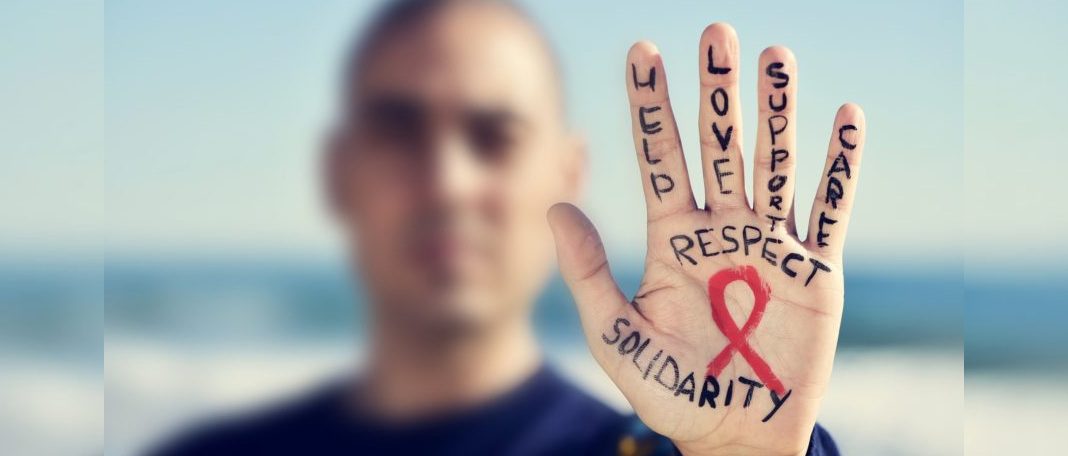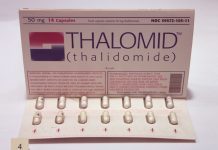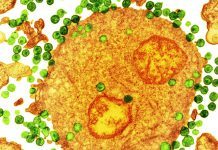HIV stands for human immunodeficiency virus. HIV causes damage to the immune system by destroying important cells that help the body fight against infections and diseases. Nearly 39 million people are living with HIV worldwide in which only 81% of them are aware of the disease. The biggest challenge faced by HIV patients is prejudice, discrimination, and stigma. People living with HIV face many hurdles and challenges in their day-to-day life.
HIV Discrimination
HIV discrimination plays a major role in affecting the mental health of people with HIV. HIV discrimination is a behavior or act of treating people living with HIV. People with HIV say that they suffer more from social stigma rather than the illness. HIV Stigma and discrimination started in the 1980s. Misinformation about this disease added fuel to stigma and discrimination. People living with HIV (PLHIV) stigma created an index in 2008 to collect evidence on the impact of stigmas and discrimination. Over 100,00 people from 100 countries living with HIV contributed data to the PLHIV stigma index. Here we’ve listed some of the misconceptions that people with HIV face.
HIV is easily transmitted through touch– This is one of the biggest misconceptions. HIV cannot be transmitted through touch. HIV can be transmitted by coming into direct contact through blood, semen, breast milk, rectal fluids, vaginal fluids, and pre-seminal fluid.
HIV only affects a certain group of people- HIV can be transmitted to anyone irrespective of their gender, ethnicity, or sexuality. Other than sexual contact, HIV can also be transmitted from mother to baby and sharing needles of drug equipment. However, certain groups of people have a greater chance of contracting HIV.
HIV is a death sentence- Though there is currently no treatment to get rid of HIV completely, treatment options have improved. People with long-term HIV treatments and new antiretroviral drugs have increased the life expectancy of people with HIV. So HIV is no longer a death sentence in developed countries.
How Does HIV Discrimination Affect People with HIV?
Many researchers have attempted to examine HIV discrimination and HIV-related stigma. According to research, stigma comes in many different forms. HIV stigmas and discrimination will not only affect oneselves but also their family, friends, and colleagues. People living with HIV develop a negative image of the stigmas they experience. HIV discrimination affects the physical and mental health of people living with HIV which negatively impacts their life.
Stand up against HIV Discrimination and Stigma
You can raise your voice against HIV discrimination and stigma in the following ways-
Educate- Normalize the topic “HIV.” Get to know more about HIV by reading facts and statistics. Don’t rely on outdated information. Have conversations with people living with HIV. Get involved with an HIV organization and teach about HIV awareness to unprivileged people.
Respect- When speaking to people with HIV, choose words that don’t affect them. Don’t use words like HIV-infected, high-risk, un-safe, or any negative words. Be mindful while you talk with people living with HIV. Don’t refer to them as HIV patients, instead mention “people living with HIV.”
Voice out- When you witness people behaving in a stigmatizing way, raise your voice against them. Speaking out is one of the best ways in stopping HIV discrimination and stigma. Break the harmful myths on HIV and also give support to people with HIV.


















